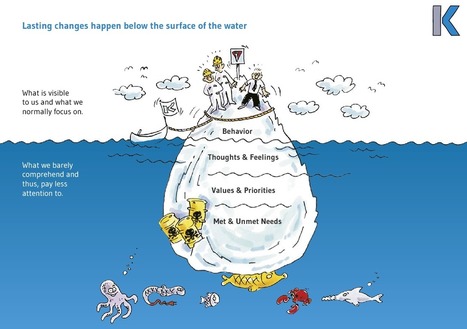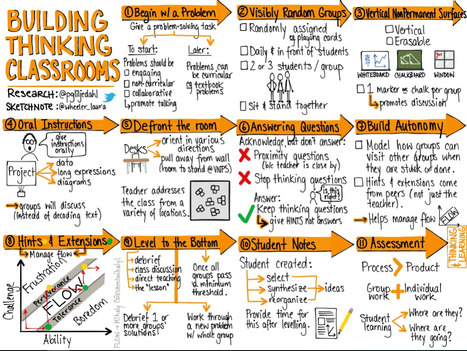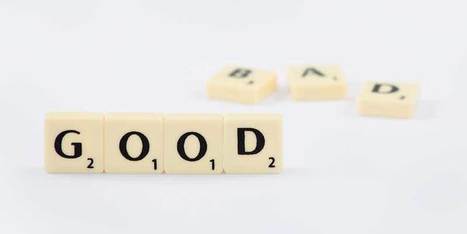When we were growing up, our teachers saluted great individuals who changed the course of history; during dinnertime, our parents lovingly recalled their idols; and of course, we had our own personal heroes who walked on water. They were wonderful role models.
Martin Luther King, Princess Diana, Leonard Bernstein, Walter Cronkite, Colin Powell, Helen Keller, Ronald Reagan, Bill Gates, John Kennedy, Vince Lombardi, Steve Jobs, the Beatles, Tim Russert, John Glenn, Mother Teresa . . . to name a few.
There was something about these role models that made them special. They led by example, raised the bar for us, and were simply the best of the best. We might have even wanted to be them, someday.
We looked up to them, and to other role models, because of their accomplishments, such as overcoming obstacles to achieve greatness, speaking up when no one else would, living rags-to-riches stories, being poster children for honesty and integrity, putting others’ needs ahead of their own, and fighting tirelessly for causes they believed in. Many of these role models changed our world . . . forever.
I know it’s a generality, but would you be proud if your kids followed in the footsteps of many of today’s politicians, professional athletes, Hollywood celebrities, or pop musicians? There’s no need to mention them by name. You know who I’m talking about. Sure, there are some wonderful role models to celebrate, but too many of today’s public figures are train wrecks –– purveyors of greed, recklessness, or dishonesty. Too often they’re excused for drug and alcohol abuse, marital infidelity, and personal arrogance as we sit mesmerized by their fame. Need I say more?
I’m not suggesting that role models have to be saints, but let’s get real. Many executives can’t tell the difference between right and wrong until they’re caught, many politicians appear to treat integrity as a liability, and celebrities live so close to the edge that many are in danger of falling off. Shame? Disgust? Public outrage? Nope. . . Too many journalists are no longer interested in reporting the facts; they’re more concerned with ratings, shaping the news, or giving cover to those who subscribe to their personal views. Obviously, there’s a void that needs to be filled.
Learn more / En savoir plus / Mehr erfahren:
https://www.scoop.it/t/21st-century-learning-and-teaching/?&tag=LeaderShip
https://www.scoop.it/t/21st-century-learning-and-teaching/?&tag=Frank+SONNENBERG



 Your new post is loading...
Your new post is loading...
















Behavior changes in people doesn't just happen from one day to the next. Changes in this area takes time - and often, the motto: "You can´t teach an old dog new tricks" applies. Nevertheless - the situation is not hopeless and people are capable of change and are often willing to do so. You are likely to achieve the desired success, if you consider the following four "change levers":
Attitude & Motivation
Knowledge & Skills
Structures & Processes
Role Models & Culture
Learn more / En savoir plus / Mehr erfahren:
https://www.scoop.it/t/21st-century-learning-and-teaching/?&tag=change